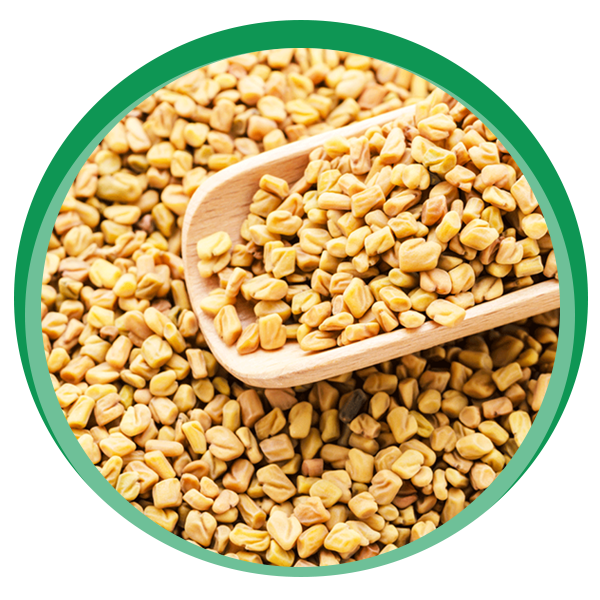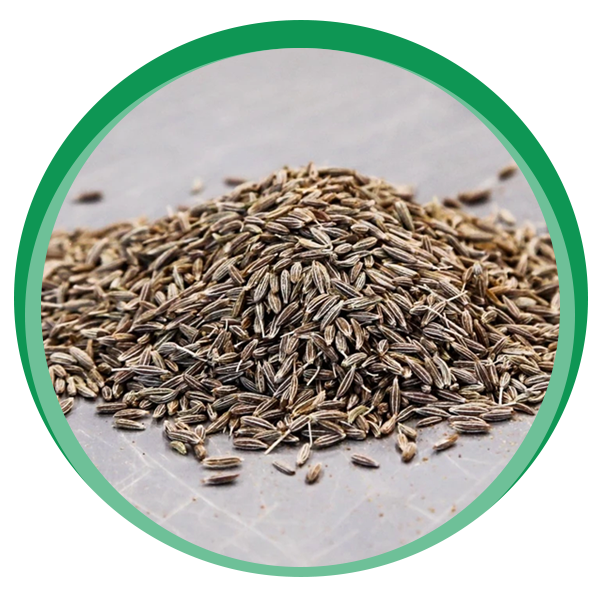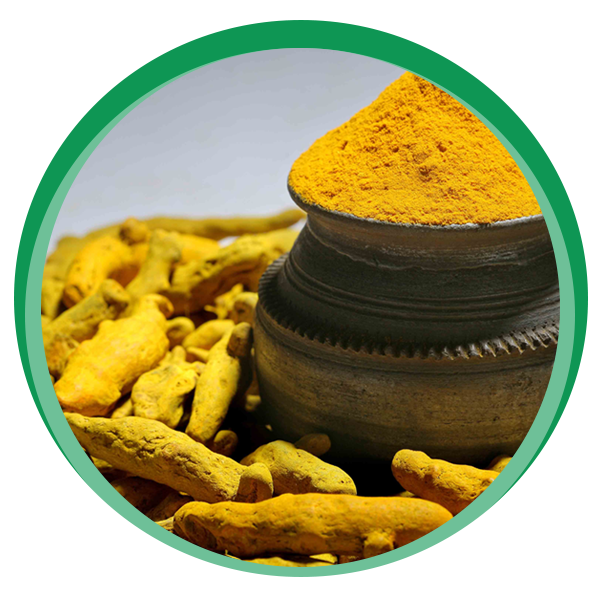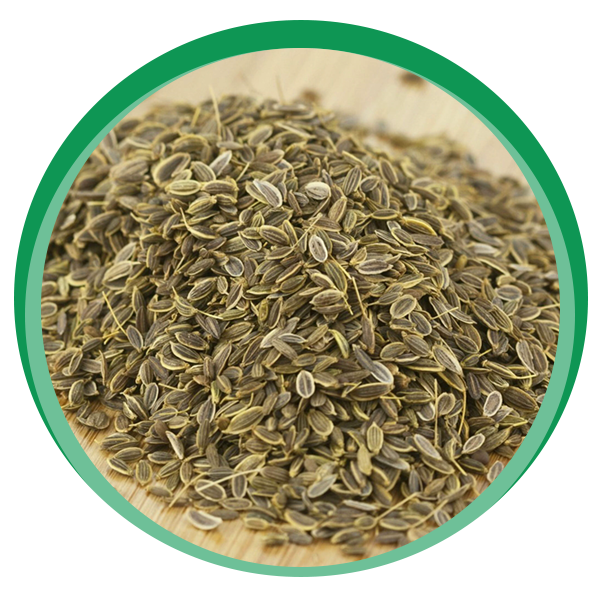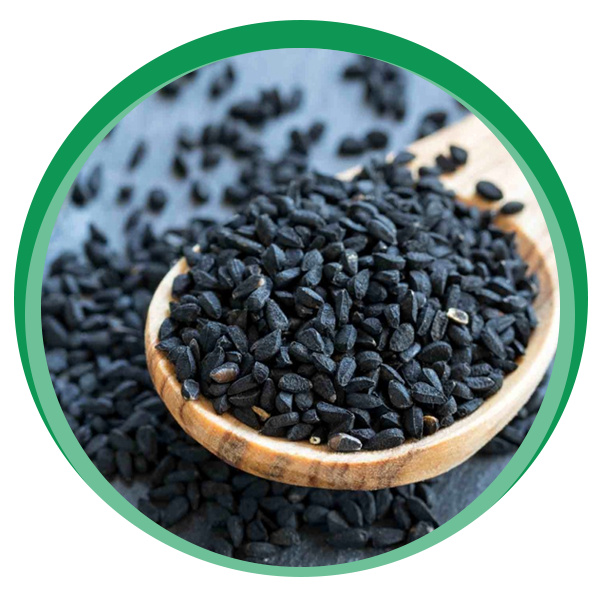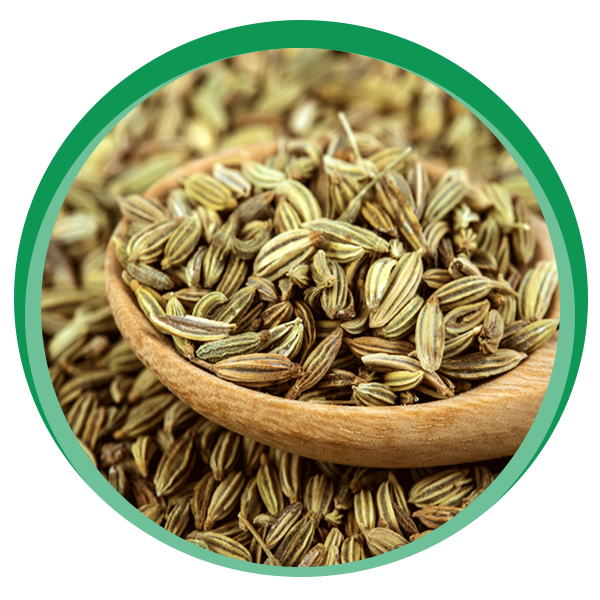Fenugreek seeds
Fenugreek seeds are small, roughly angular, brownish yellow seeds, which have a pleasantly bitter flavour and strong aroma. The seeds are often toasted to enhance their pungent aroma, and then powdered alone or with other spices. In Indian cuisine, fenugreek seed is a common ingredient in curry powders and pickle powders. It is also used to temper various vegetable and dal based dishes to enhance the aroma and taste.
Dry-roasting of fenugreek seeds enhances their aroma and nutty flavour. Before roasting, sort the seeds to remove stones and other debris. Then, heat a pan till warm and add the seeds. Roast on a medium flame stirring occasionally to avoid charring. Roast till the colour deepens. For a mellow flavour (preferred for subzis and dals) roast lightly and for a more bitter taste (preferred for making some pickle masalas), roast for a longer while.



